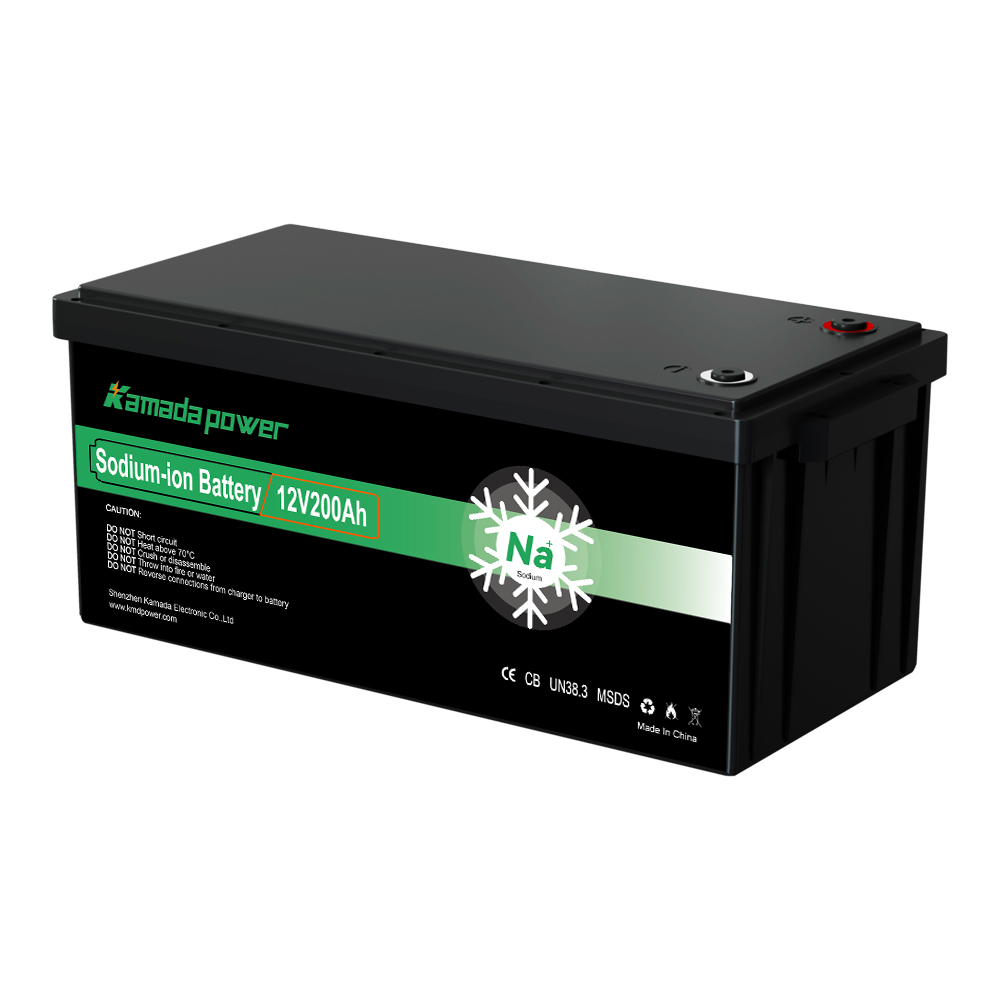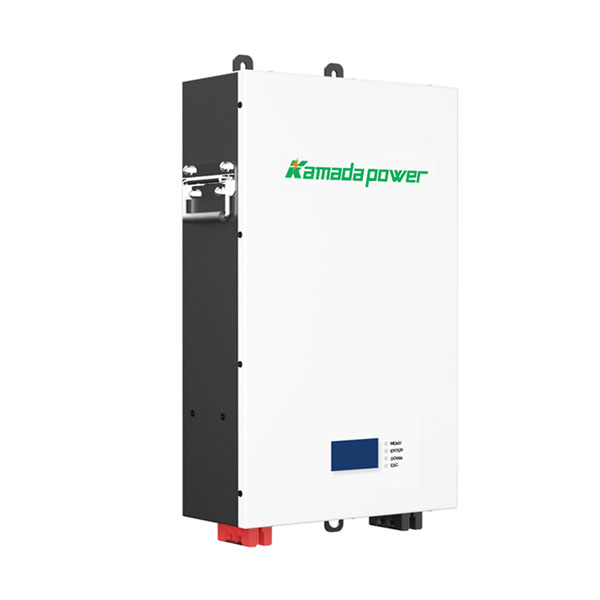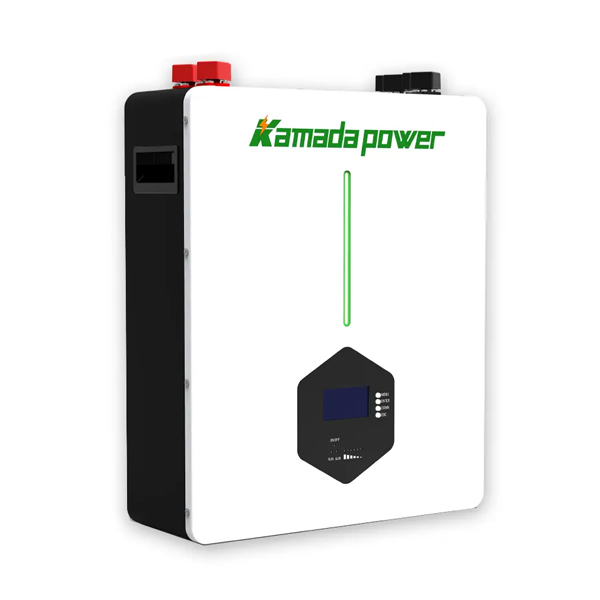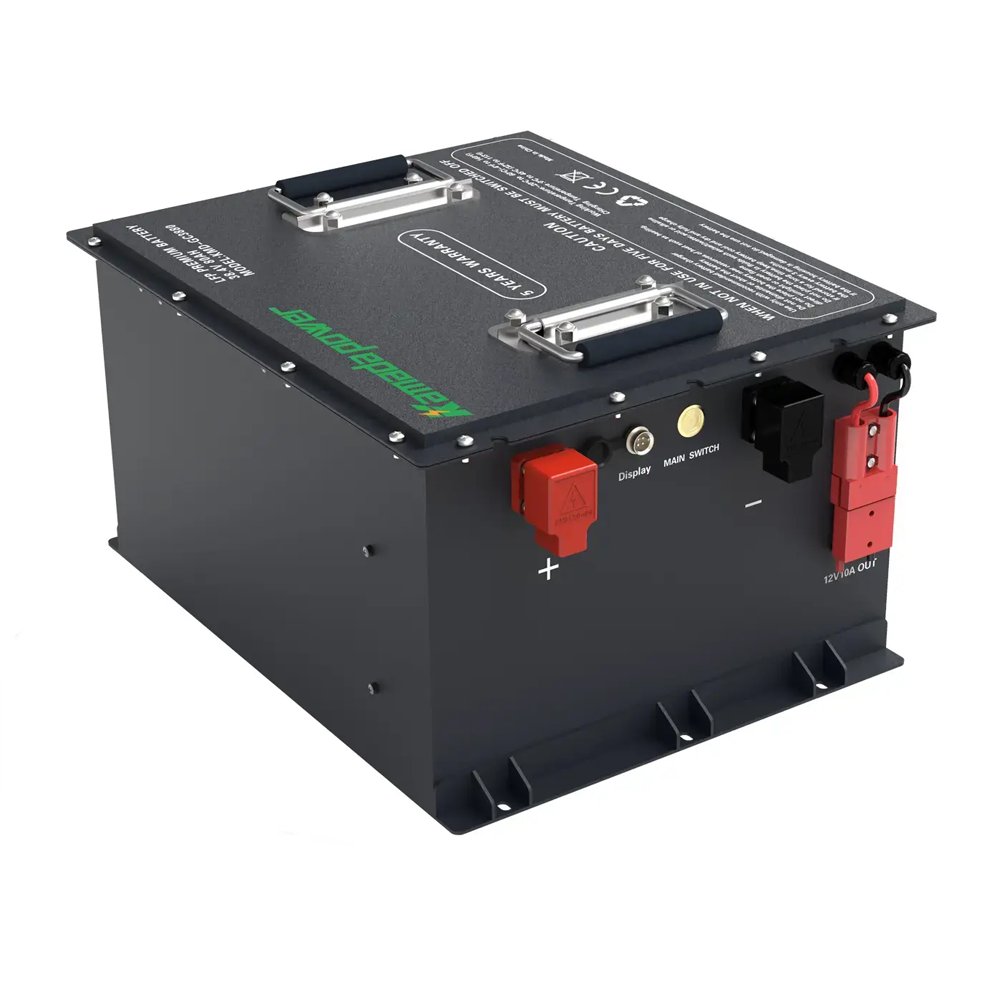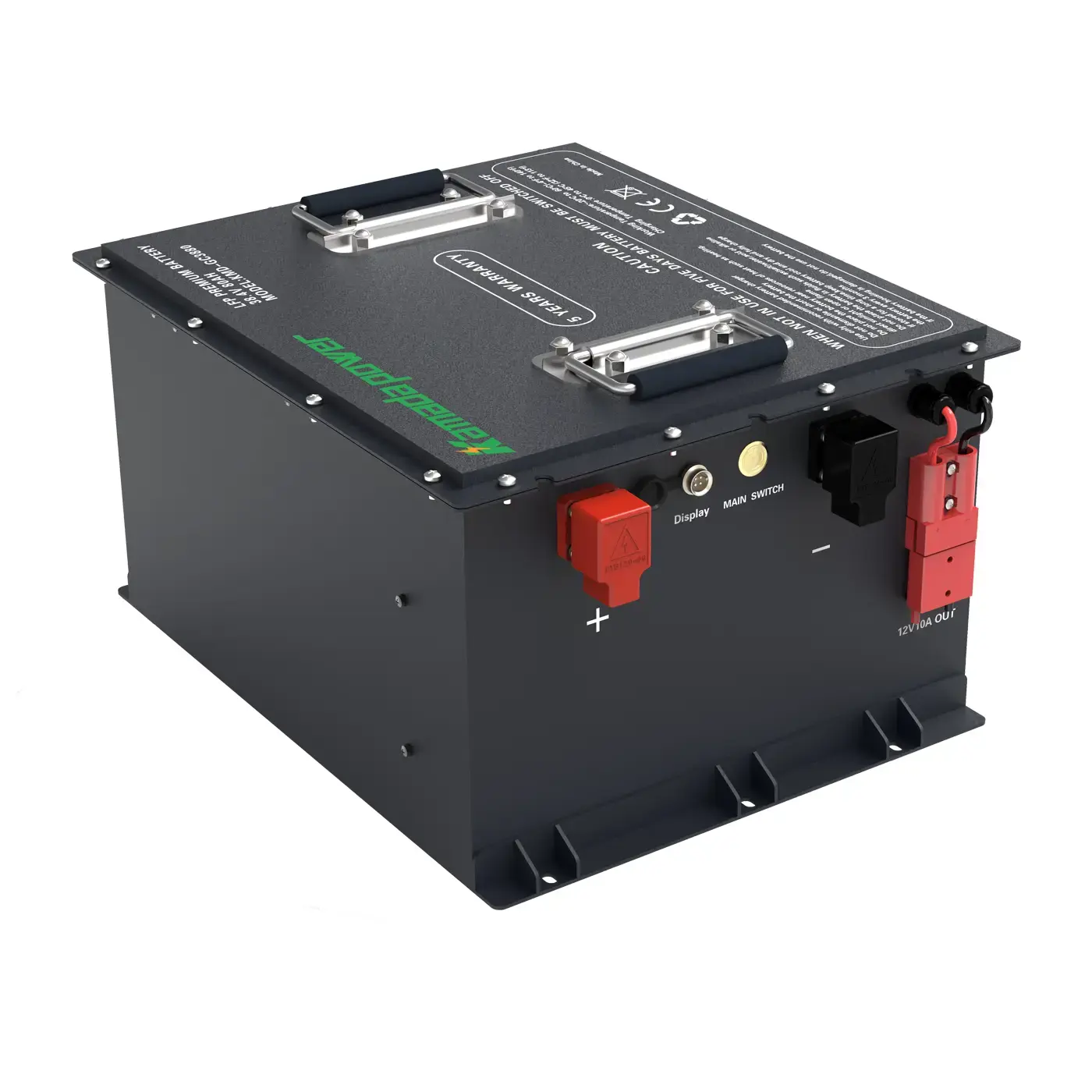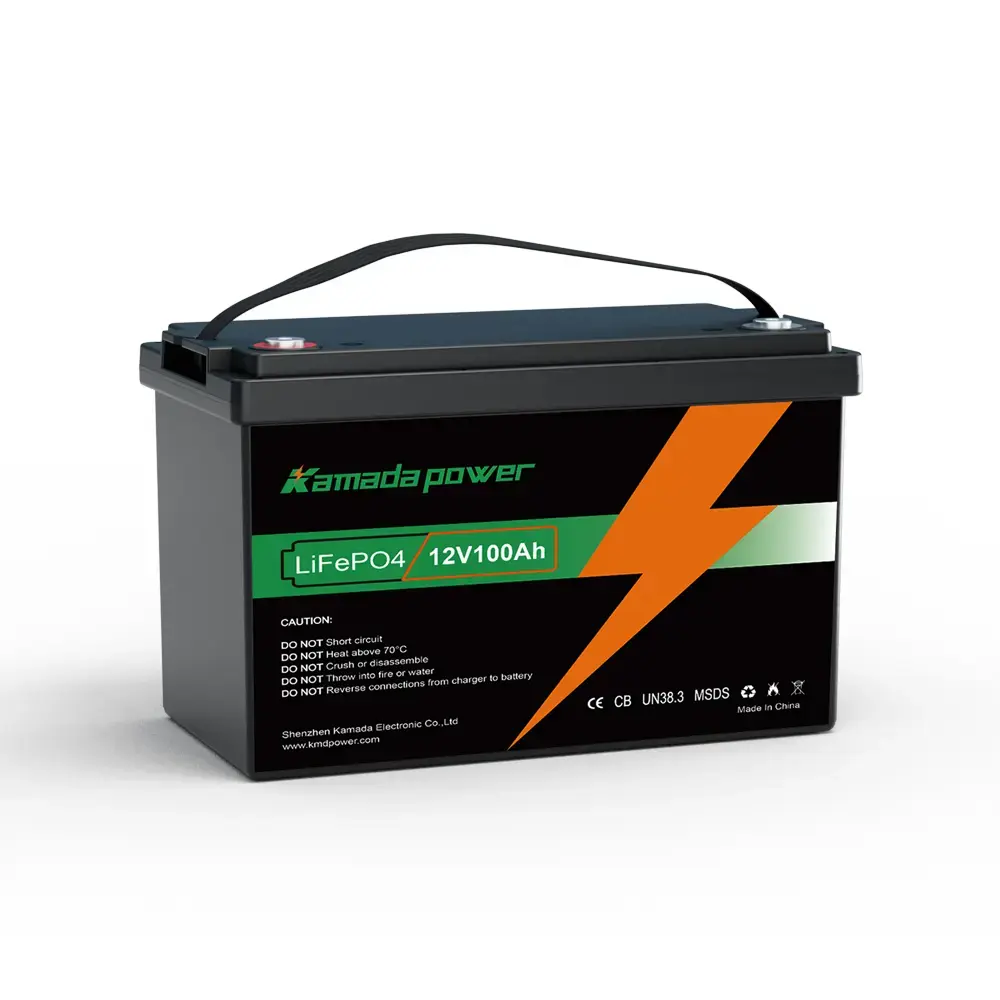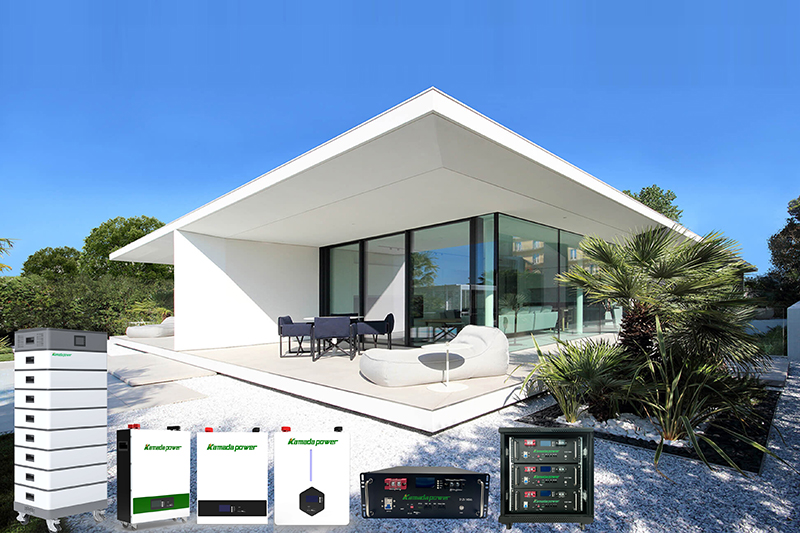
A solar battery bank is simply a battery bank used to store excess solar electricity that is surplus to the power needs of your home at the time it is generated.
Solar batteries are important because solar panels only generate electricity when the sun is shining. However, we need to use power at night and at other times when there is little sun.
Solar batteries can turn solar into a reliable 24×7 power source. Battery energy storage is the key to allowing our society to transition to 100% renewable energy.
Energy storage systems
In most cases homeowners are no longer being offered solar batteries on their own they are being offered complete home storage systems. Leading products such as the Tesla Powerwall and the sonnen eco do contain a battery bank but they are much more than this. They also contain a battery management system, a battery inverter, a battery charger and also software based controls that allow you to control how and when these products charge and discharge power.
All of these newer all-in-one home energy storage and energy management systems use Lithium Ion battery technology and so if you have a home that is connected to the grid and are seeking a solar battery storage solution you no longer have to consider the question of battery chemistry technology. It was once the case that flooded lead acid battery technology was the most common solar battery bank for off grid homes but today there are no packaged home energy management solutions using lead acid batteries.
Why is lithium-Ion battery technology now so popular?
The core advantage of lithium ion battery technologies that have caused their almost uniform adoption in recent years is their higher energy density and the fact that they do not vent gases.
High energy density means they can store more power per cubic inch of space than the deep cycle, lead acid batteries that were traditionally used in off grid solar systems. This makes it easier to install the batteries in homes and garages with limited space. This is also the key reason they have been favoured for other applications such as electric cars, laptop batteries and phone batteries. In all of these applications physical size of the battery bank is a key issue.
Another important reason that lithium ion solar batteries are dominating is they do not vent toxic gases and so can be installed in homes. Older flooded lead acid deep cycle batteries that were traditionally used in off gird solar power systems did have the potential to vent toxic gases and so had to be installed in separate battery enclosures. In practical terms this opens up a mass market that was not there before with lead acid batteries. We feel this trend is now irreversible because all of the electronics and software to manage these home energy storage solutions is now being built to suit lithium ion battery technologies.

Are solar batteries worth it?
The answer to this question depends on four factors:
Do you have access to 1:1 net metering where you live;
1:1 net metering means that you get a 1 for 1 credit for each kWh of excess solar energy that you export to the public grid during that day. This means that if you design a solar system to cover 100% of your electric usage you will have no electric bill. It also means you don’t really need a solar battery bank because the net metering law is allowing you to use the grid as your battery bank.
The exception to this is is where there is time of use billing and electric rates in the evening are higher than they are during the day (see below).
How much excess solar energy do you have to store in a battery?
There is no point having a solar battery unless you have a solar system that is big enough to generate excess solar energy during the middle of the day that can be stored in the battery. This is kind of obvious but it is something you need to check.
The exception to this is where there is time of use billing and electric rates in the evening are higher than they are during the day (see below).
Does your electric utility charge time of use rates?
If your electric utility has time of use electric billing such that power during the evening peak time is much more expensive than it is during the middle of the day then this can make the addition of an energy storage battery to your solar system more economic. For example if electricity is 12 cents during off peak and 24 cents during peak then each kW of solar energy you store in your battery will save you 12 cents.
Are there specific rebates for solar batteries where you live?
It is obviously much more attractive to buy a solar battery if part of the cost is going to be funded by some form of rebate or tax credit. If you are buying a battery bank to store solar energy then you can claim the 30% federal solar tax credit on it.


